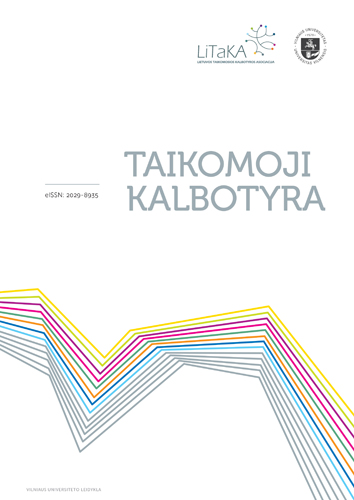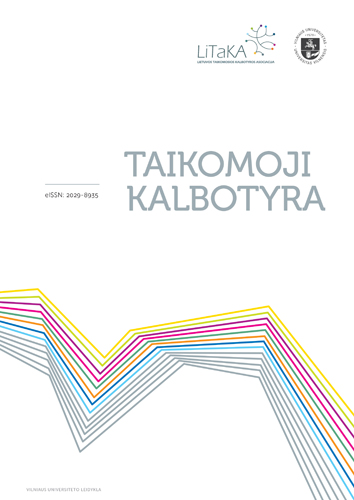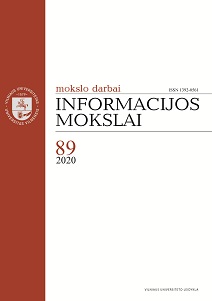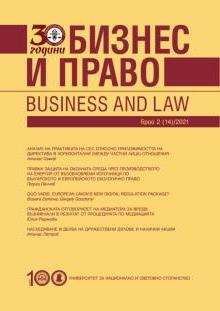
I LIETUVOS STATUTO SURAŠYMAS
Die Zamoyski-Abschrift des ersten Statuts bilden die Bögen der verschiedenen Größe (der Zahl der Papierblåtter), wo jeder Bogen einer gesonderten Abteilung gewidmet ist. Die Wassermarken des Bogenpapiers unterscheiden am meisten unter sich und das weist die verschiedene Entstehungschronologie selbst der Bögen an. Man sieht die frühlichste Chronologie der IX., XII. und XIII. Abteilungen (1526) ein. Diese und VIII. Abteilung sind die Ŭberartungen einer früheren nichtankündigten Redaktion (die Ŭberartung bestand in der Bildung genauer formulierten und itemierten Artikel). Den großen Teil der Abteilungen-Papierbögen (I., II., III., VI., VII., VIII., XI.) faßt die Zeitspanne des letzten Drittels der zwanzigsten Jahre um. Man muß hier I. und VIII. Abteilung beachten: sie wurden früh angefangen und spåt vollendet (der Register der I. Abteilung wurde sogar nach der Einbindung des Foliants eingetragen). Die erste Abteilung als solche wurde zuerst nicht vorausgesehen: sie hat keine Benennung, ihr Text folgt ummittelbar der Einleitung des Statuts. Die Artikel dieser Abteilung entstanden im Gang der Arbeit als unvermeidliche Unentbehrlichkeit, in der lateinischen Ŭbersetzung quae principi propius accedere videntur umgerissen. Die Lücke zwischen der I. und der VIII. Abteilung füllten die neuen, meist aus der Gerichtspraxis entstehenden Abteilungen aus. Damit fasste das Statut das Militårdienst-, Stand-, Familien-, Pflege-, Gerichts-. Strafrecht des Adels um. Das war eine Wende in der ganzen Arbeit, welche statt der mechanischen Auslegung eines Gerichtsbuches das kodifizierte System zu bilden anstrebte. Nach der VIII. Abteilung wurden noch die Pünkte über Pfandrecht und die Verordnungen des Bauernrechts zugeführt. Das anfånglige Statutbildungsvorhaben nach dem Muster der polnischen Gesetzsammlung von Jan Łaski die einfache Niederschreibung zu machen wurde in das Systemausbauung umgewandelt. Diese Wendung hat sich in einer (sehr bescheidener) Kaligraphierung abgespiegelt. Die Artikelaufschriften der I., VI.–IX., XII., XIII. Abteilungen sind noch im „gotischen“ Kirylikkursiv (wie der Artikeltext) geschrieben. Das sind die in dem letzten Drittel der zwanzigsten Jahre und die etwa um das Jahr 1529– 1531 entstandenen Abteilungen. Die II., III., XI. Abteilungen mit den halbustavischen Artikelaufschriften sind ohne Zweifel in den ersten dreißigsten Jahren geschrieben worden. Die letzte Gruppe (auch mit den halbustavischen Aufschriften) der IV., V., X. Abteilungen entstanden etwa um das Jahr 1531. Die „monitorische“ Zamoyski-Handschrift hat der Schreiber der großfürstlichen Kanzlei Kopotj Waskowitsch (†) niedergeschrieben.
More...









